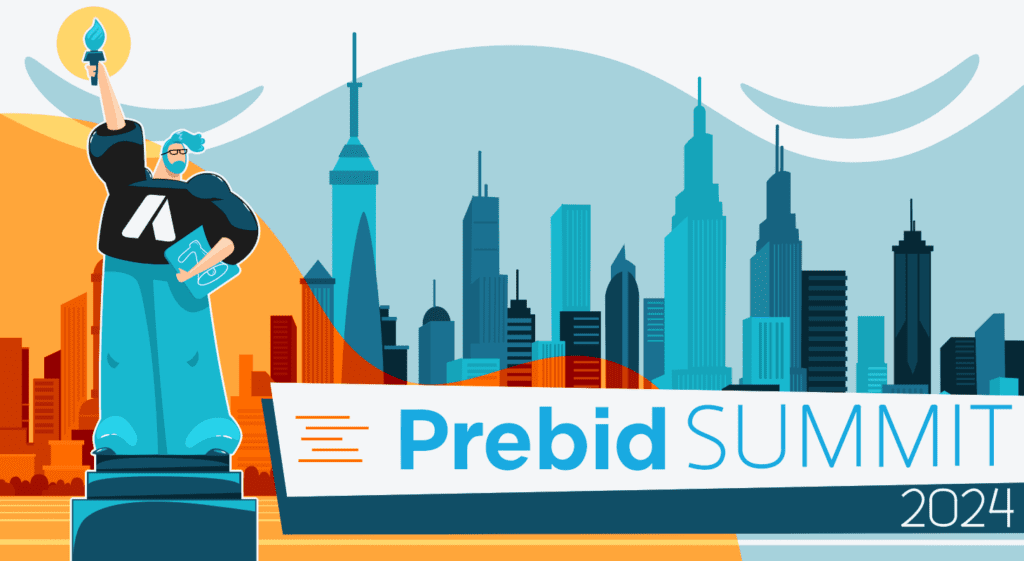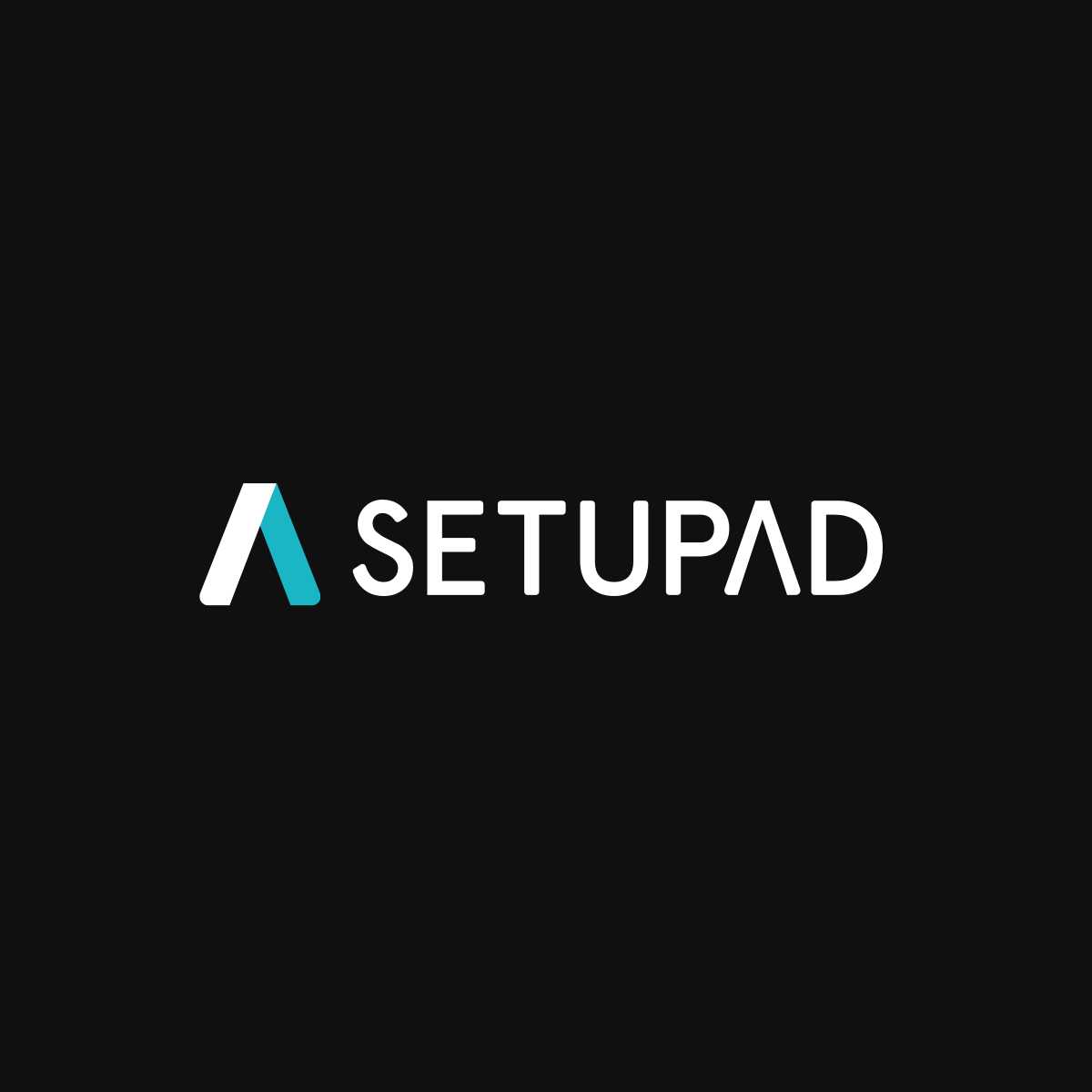Prebid Summit NYC 2024: Key Insights and Future Focus
The 2024 Prebid Summit in New York City brought together industry leaders to discuss the latest trends in programmatic advertising. Key topics included traffic shaping, identity solutions, Digital Out-of-Home (DOOH), and Premium Priority Deals (PPD). Below are the main takeaways from this year’s summit.
1. Ad Performance and Traffic Shaping
Traffic shaping emerged as a central theme for improving ad performance and revenue generation. Traffic shaping helps publishers and SSPs optimize ad requests by prioritizing high-value transactions and reducing inefficient traffic.
Publishers such as NewsCorp also showcased their innovative use of Prebid servers and creative caching systems to increase page speed, a crucial factor in improving revenue per session. The right signals, such as user identity modules can further help DSPs understand a site’s content and offer more relevant ads.
The summit also covered the benefits of cutting down MFA (Made for Advertising) sites, which clog up ad requests and reduce inventory quality. DSPs are increasingly rejecting bot-generated impressions, with some implementing a refund policy for IVT (invalid traffic) detected within 45 days.
2. Identity Solutions and Addressability
As DSPs begin actively responding to identity signals, publishers must prioritize optimizing their identity strategies. With over 50 different ID solutions available, selecting the right ones has become more critical than ever. Each vendor offers unique strengths, whether specializing in authenticated users, scale, or certain browser types (e.g., Safari vs. Chrome).
However, too many ID solutions can decrease efficiency, making it essential for publishers to balance the number of ID signals they send. The more signals a DSP receives, the better the addressability, but only if the IDs align with a publisher’s specific audience and device mix.
GDPR compliance is also at the top of publishers’ minds, with some legacy solutions still relying on outdated methods like IP tracking or cookies. Moving towards GDPR-friendly identifiers is now crucial to ensure long-term success.
Collecting user email addresses through comments sections or offering incentives such as downloads or ad-restricted experiences is becoming a standard strategy on the first-party data front. Tests from companies like Audigent, Freestar, and Magnite have demonstrated measurable uplifts in performance when using the right identifiers for each segment.

3. Market Overview: Premium Priority Deals (PPD) and MFA Sites
The summit introduced Premium Priority Deals (PPD) as the next evolution in programmatic advertising. Sponsored by Audigent, this model aims to bridge the gap between direct deals and the open market by leveraging advanced technology and data practices. PPD provides a cleaner, high-quality alternative to standard inventory, which brands increasingly demand as they steer clear of MFA sites.
MFA sites continue to face demonetization as DSPs implement stricter standards and cap the number of ad queries per second (QPS). This allows legitimate, high-quality publishers to capitalize on valuable ad placements. Index Exchange emphasized the importance of SSPs removing MFA sites from their inventory to maintain credibility.
4. DOOH (Digital Out-of-Home) and Technological Evolution
The transition from static billboards to Digital Out-of-Home (DOOH) advertising reshapes how advertisers manage campaigns. Prebid’s role in this evolution allows for more efficient programmatic DOOH transactions through SSPs, although adoption remains gradual.
As DOOH technology advances, screen owners can now act as publishers, selling unfilled inventory programmatically through private marketplaces (PMPs), direct deals, or the open market. Companies like Intersection are already pioneering this approach, illustrating how DOOH can enhance advertising strategies by bringing automation to the traditionally static out-of-home space.
5. Future Focus: Addressability, Privacy, and In-App Advertising
Looking ahead, the programmatic industry will continue to face challenges around addressability and privacy. As third-party cookies phase out, publishers must rely on first-party data and robust identity solutions. The importance of privacy-compliant ID signals that align with GDPR and other regulations cannot be overstated.
The growth of in-app advertising was another key topic at the summit, offering new revenue opportunities for publishers. With the rise in mobile app usage, the ability to monetize in-app environments effectively will be crucial for future growth.


